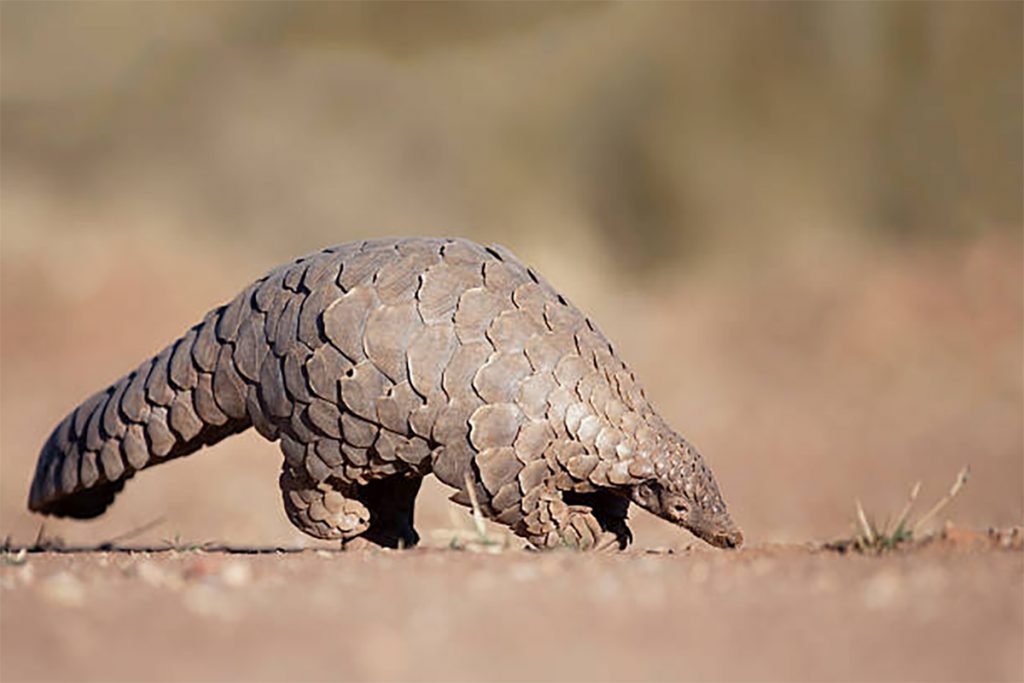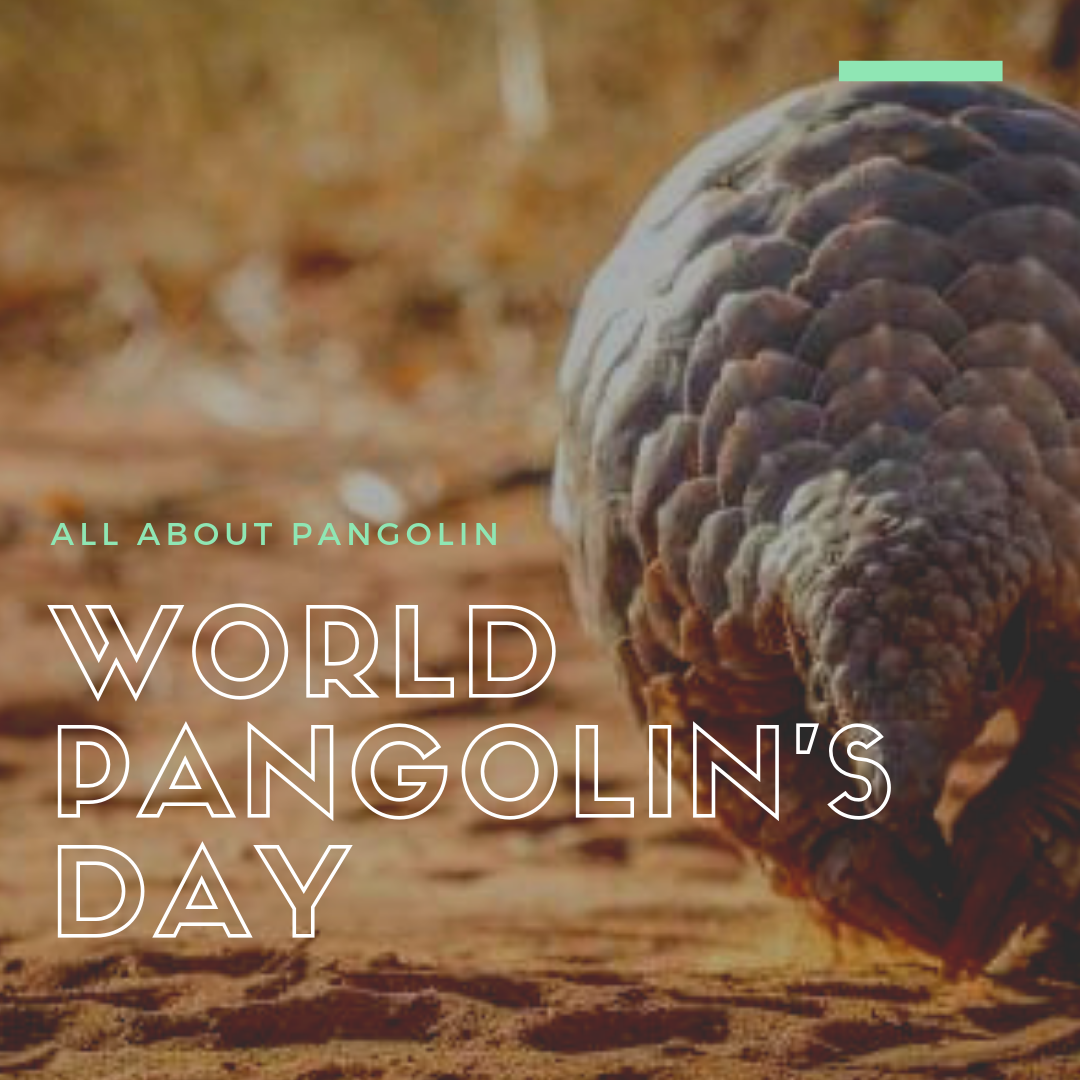What are Pangolins?
Pangolins are scaly insect eating animals are mammals of the order Pholidota (from the Greek word “horny scale”). The one surviving family, Manidae, has three genera: Manis, which involves four species living in Asia; Phataginus, which includes two species living in Africa; and Smutsia, which contains two species additionally living in Africa. These species extend in size from 30 to 100 cm (12 to 39 in). Various Extinct Pangolin species are additionally known.
Pangolins have expansive, defensive keratin scales covering their skin; they are the main known mammals with this element. They live in empty trees or tunnels, contingent upon the species. Pangolins are nocturnal, and their eating routine comprises of principally ants and termites, which they catch utilizing their long tongues. They will in general be single creatures, meeting just to mate and deliver a litter of one to three posterity, which are raised for around two years.
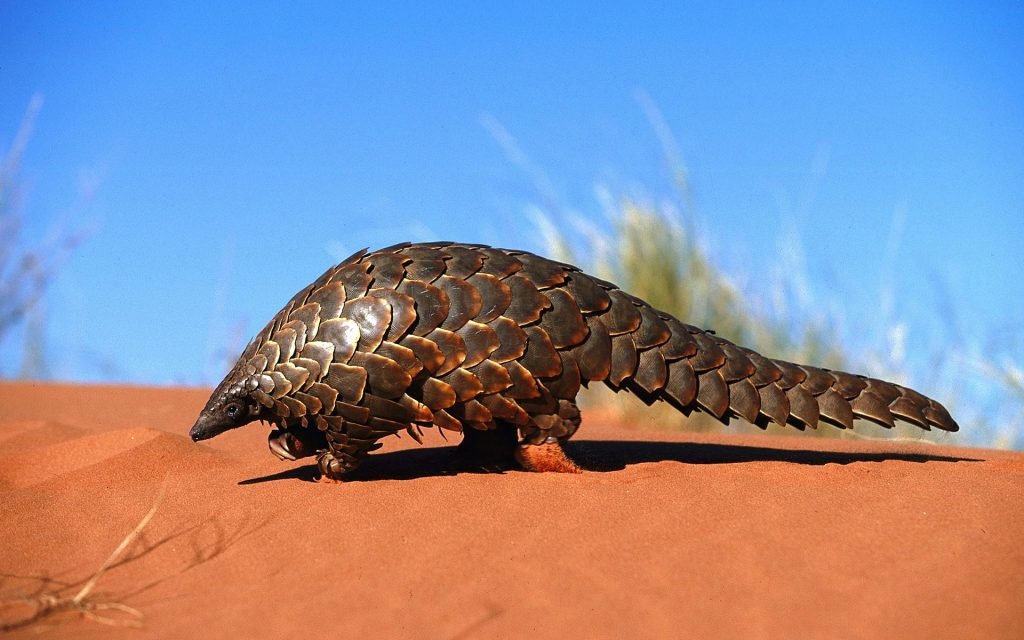
Scaly insect eating animals are said to achieve sexual maturity following two years, and ordinarily just bring forth a solitary youthful per pregnancy. Their gestation period is thought to last between 69– 150 days, shifting by species. Whenever conceived, the children weigh around 8-450 grams (around 3-16 ounces), contingent upon the species, and have delicate scales that solidify reasonably quickly. Youthful are generally weaned at around three months of age.
Threats:
Pangolins are threatened by poaching (for their meat and scales) and overwhelming deforestation of their regular natural surroundings, and are the most dealt mammals on the planet. Of the eight types of pangolin, four (Phataginus tetradactyla, P. tricuspis, Smutsia gigantea, and S. temminckii) are recorded as vulnerable, two (Manis crassicaudata and M. culionensis) are recorded as endangered, and two (M. pentadactyla and M. javanica) are recorded as critically endangered on the International Union for Conservation of Nature Red List of Threatened Species.
Pangolin absolutely are a standout amongst the most trafficked mammals in Asia and, progressively, Africa. Pangolins are in extreme interest in nations like China and Vietnam. Their meat is viewed as a delicacy and Pangolin scales are utilized in customary Chinese medication and society cures. Every one of the eight Pangolin species are ensured under national and global laws. Be that as it may, there is as yet developing global unlawful exchange Pangolins.
In view of announced seizures somewhere in the range of 2011 and 2013, an expected 116,990-233,980 Pangolins were executed, which speaks to just the tip of the exchange. Specialists trust that seizures speak to as meager as 10 percent of the real volume in Pangolins in unlawful natural life exchange.
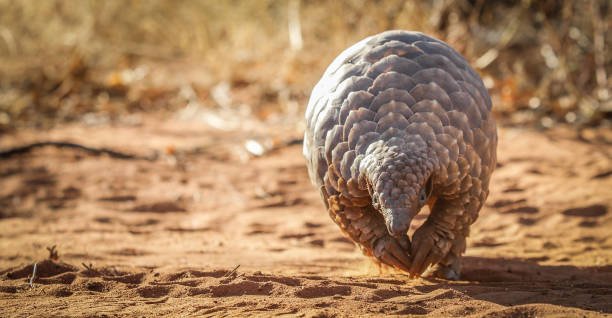
Pnagolin Scales:
Pangolins have a thick layer of defensive scales produced using keratin, a similar material that makes up human fingernails and Rhinoceros horns. Scales represent about 20% of the creature’s weight. Whenever threatened, Pangolins twist into a ball, utilizing the scales as protective layer to safeguard against predators.
In traditional Chinese medicine, the scales are utilized for an assortment of purposes. The Pangolins are bubbled to expel the scales, which are then dried and broiled, at that point sold dependent on cases that they can animate lactation, help to deplete discharge, and ease skin sicknesses or paralysis. Starting at 2015, Pangolin scales were secured under some medical coverage designs in Vietnam.
The scales can cost more than $3,000/kg on the bootleg market.
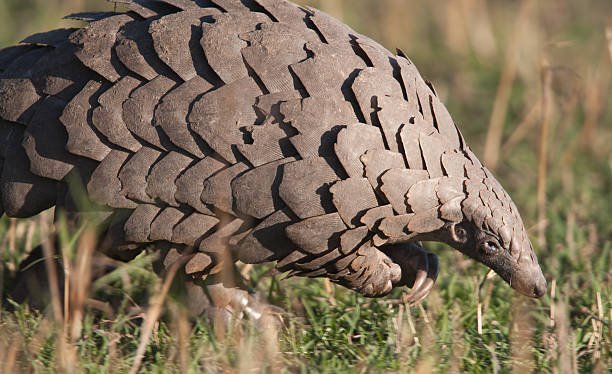
Pangolin Tongue:
At the point when The Pangolin’s tongue is completely expanded, it very well may be up to 16 inches (more than 40 centimeters) longer than its whole body length! Truth be told in many species, their tongues really begin somewhere down in their chest pit, emerging from the last pair of ribs, and are about a quarter inch (0.6 cm) thick. Also, their sticky spit coats their tongues to support the bugs. It’s believed that a single Pangolin consumes more than 70 million insects per year. They mainly eat ants and termites.
What is World Pangolin’s Day:
World Pangolin Day, celebrated on the third Saturday of February, is a global event of The Pangolin awareness for bringing issues to light of its significance and its situation. Worldwide subjects, associations, organizations, and governments meet up on this day to remind us why we ought to and will ensure this exceptional Mammal creature, and now the most trafficked creature, from getting to be Extinct.
